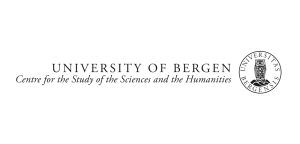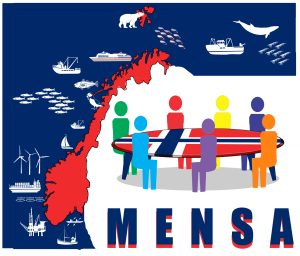Managing Ethical Norwegian Seascape Activities (MENSA)
Research Council of Norway (2020 – 2024)
Management of marine resources, globally and in Norway, strives to achieve sustainable development by balancing resource extraction, biodiversity conservation, and societal acceptability. However, these three philosophical paradigms tend to stand as monolithic pillars in their approaches to sustainability, namely: rationalization, conservation, and community. Consequently, such un-integrated approaches tend to lead to management objectives and policy goals in conflict. These conflicts are often rooted in competing economic, ecological, and social values. MENSA’s overarching aim is to develop an integrated ethical approach to the sustainable management of Norwegian seascape activities: this will be done by making explicit values and valuation of the sea and negotiating the ensuing trade-offs with the input of diverse marine stakeholders in Norway, including scientific experts, government representatives, industry members, non-governmental organizations, and most importantly, its citizens.
MENSA’s objectives are threefold:
- To contribute to a theoretical understanding of marine resource values and valuation in seascapes, informed by niche construction theory and sense of place empirical research.
- To elicit societal values of the seas and coasts and activities associated with marine resources in Norway using the seascape concept and imagery in a novel methodology.
- To evaluate value trade-offs and negotiate resource conflicts with Norwegian stakeholders by integrating ecological and oceanographic modelling of scenarios with elicited value priorities in an ethical framework for management strategy evaluation.
The knowledge gained in MENSA can contribute to ethical governance that can resolve disputes related to competing uses or protection of coastal and marine resources. This integrated ethical approach can serve as a proof-of-concept model at the national level for how to reconcile value trade-offs toward sustainable development. Such trade-offs must be reconciled to achieve the 17 United Nations Sustainable Development Goals (SDGs): MENSA focuses on SDG 14 (Life Below Water), SDG 15 (Life on Land), and SDG 16 (Peace, Justice, and Strong Institutions).
This project has received funding from the Research Council of Norway, Research Programme on Marine Resources and the Environment (MARINFORSK) grant agreement No. 303663.


